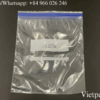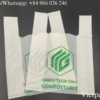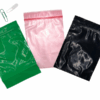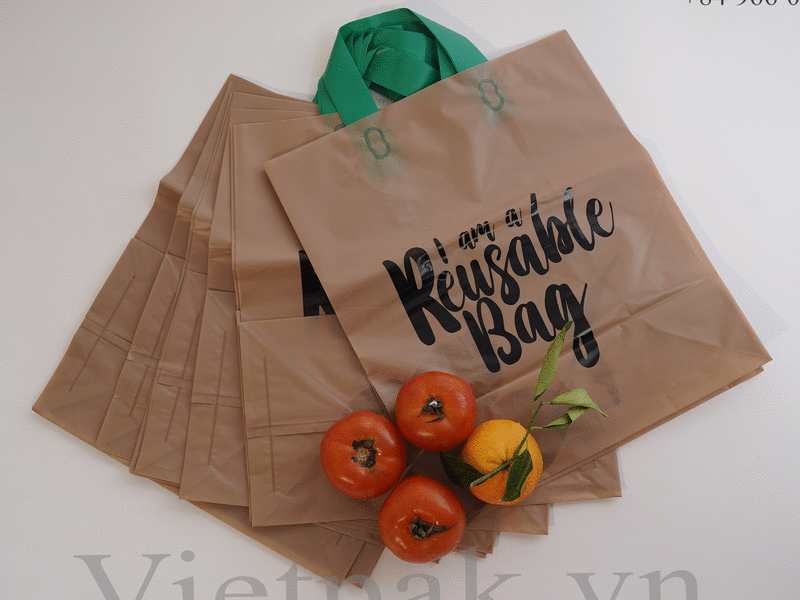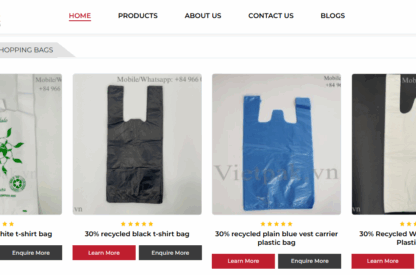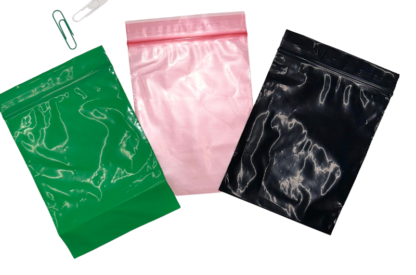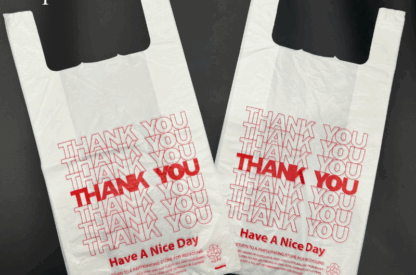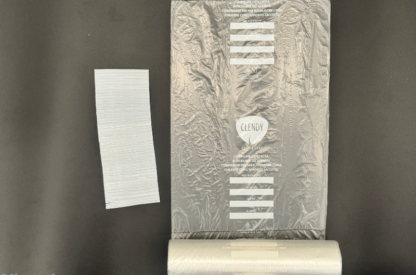Should Vegetables be Kept in Plastic Bags?
Finding the ideal storage solution for vegetables is crucial to keeping them fresh and extending their shelf life. Utilizing plastic bags made especially for vegetables is one common choice. In this article, we’ll look at the benefits of using plastic vegetable plastic bag on roll and offer helpful advice for safe storage.
Preserving Freshness and Extending Shelf Life with Plastic Bags
Contents
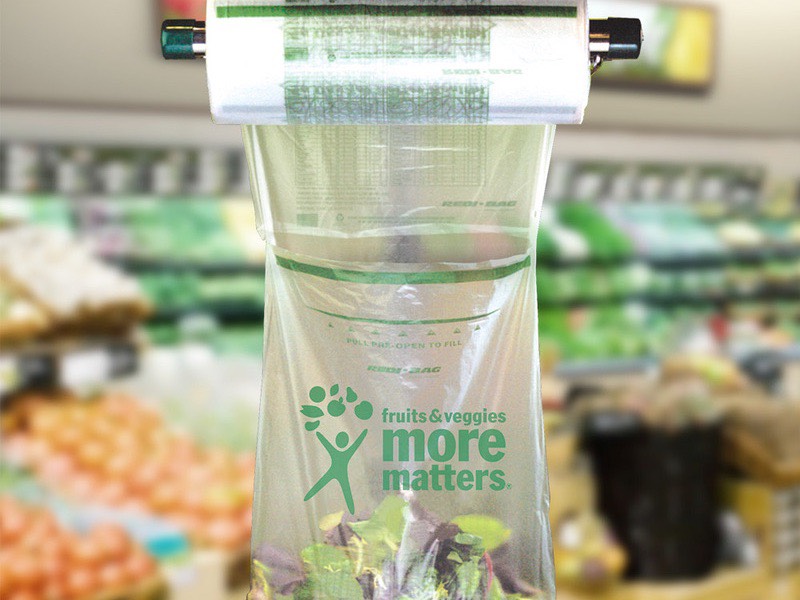
Vegetable plastic bag on roll offer several benefits in terms of preserving freshness and extending the shelf life of your vegetables.
Effective Moisture Retention
Utilizing vegetable plastic bag on roll has a number of benefits, one of which is their superior moisture retention. Due to their high water content, vegetables can quickly become wilted and less crisp when exposed to air. However, you can create a sealed environment that helps preserve their natural moisture levels by placing them in plastic bags. The vegetables stay fresh, crisp, and flavorful for a longer period of time thanks to this moisture retention.
Protection against Contamination and Spoilage
Vegetables can become contaminated by a variety of things, such as bacteria, dust, and pests. As a barrier, plastic bags keep these outside elements from coming into contact with your vegetables. The bags’ tight seal lowers the possibility of cross-contamination and ensures that your product is safe for consumption. Plastic bags assist in extending the shelf life of your vegetables and maintaining their nutritional value by reducing exposure to contaminants.
Furthermore, compared to other options like open containers or conventional paper bags, plastic bags provide a hygienic storage solution. Vegetable plastic bag on roll are simple to maintain, reducing the potential for bacterial growth and guaranteeing the safety of your produce.
Easy Organization and Accessibility
The organization and accessibility they offer are other advantages of using vegetable plastic bag on roll. These bags typically have tear-off or perforated design features that make it simple to remove individual bags from the roll. As a result, grabbing a bag whenever you need one for storing vegetables is simple and quick.
In addition to saving space in your kitchen or pantry, the compact roll design keeps your storage area tidy and organized. Since many plastic bags are transparent, it’s simple to see what’s inside, making it convenient to identify particular vegetables without having to open the bag.
Sustainability Considerations of Plastic Bags for Vegetable Storage
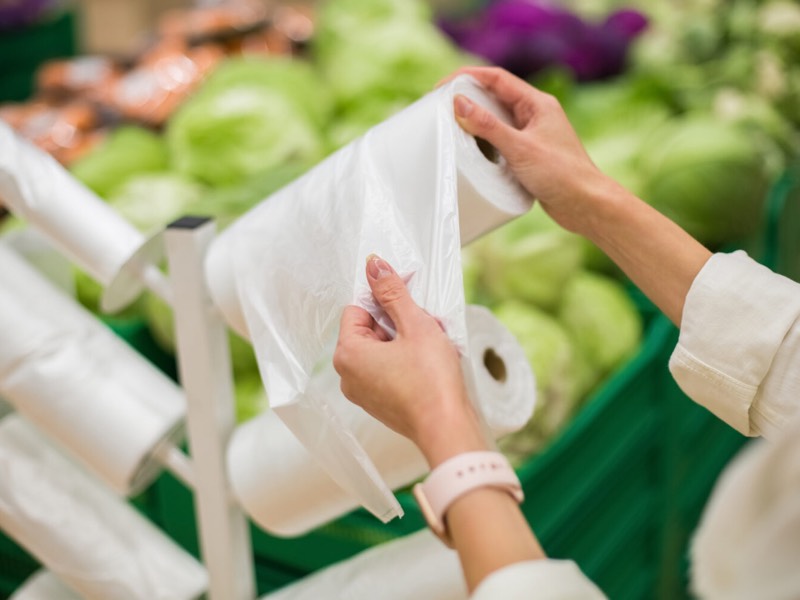
Opting for Biodegradable or Eco-Friendly Plastic Bags
While plastic bags are practical and useful for storing vegetables, it’s important to think about how they will affect the environment. You can choose biodegradable or environmentally friendly plastic bags to address sustainability issues. The materials used to create these bags typically degrade more quickly in the environment, lowering their long-term environmental impact.
Plastic bags that break down naturally through biological processes, such as the action of microorganisms, are known as biodegradable bags. Over time, they disintegrate into smaller parts and eventually merge with the natural ecosystem. As an alternative to conventional plastic bags, which can linger in the environment for hundreds of years, these bags are available.
Selecting eco-friendly plastic bags made from renewable resources, such as plant-based materials, is an additional choice. These bags frequently come from renewable resources like vegetable oils or cornstarch, which have a lower carbon footprint than conventional plastic bags made from fossil fuels.
You can lessen the impact of plastic bag use and disposal on the environment by choosing biodegradable or environmentally friendly plastic bags.
Proper Disposal and Recycling Practices
Plastic bag recycling and proper disposal are essential for reducing their negative environmental effects. Even though plastic bags are practical for storing vegetables, they should be disposed of properly to avoid pollution and harm to wildlife.
Reusing the bags whenever possible is one choice. If the bags are still in good shape, you can use them to carry groceries or organize household items as well as for future vegetable storage. By reusing the bags, you can extend their usefulness and lessen your reliance on single-use bags.
Consult your neighborhood waste management facilities to learn the best recycling options for plastic bags when it comes to disposal. Plastic bag recycling programs are widely available in many communities, allowing for the processing and creation of new products from used plastic bags. Recycling plastic bags aids in resource conservation and lowers the demand for new plastic manufacturing.
Read also: Features of Plastic Produce Bags on Roll
Practical Tips for Using Plastic Bags to Store Vegetables
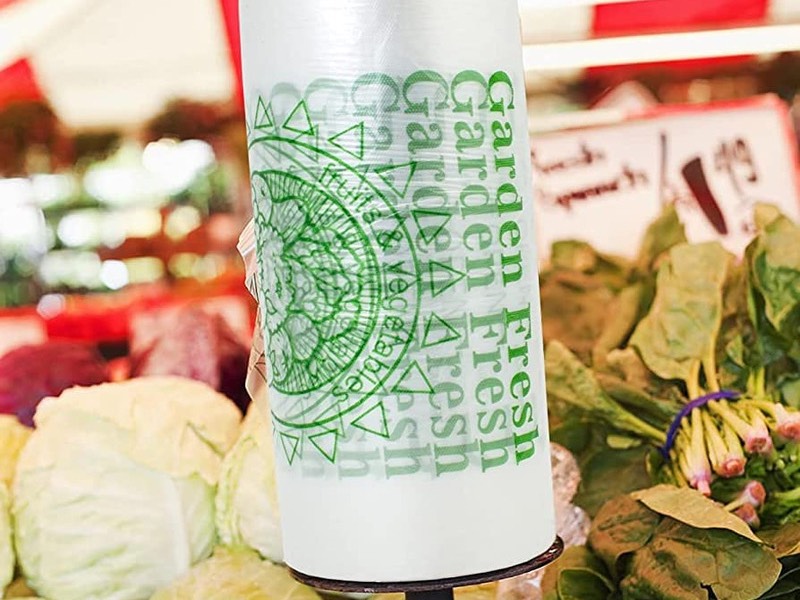
Choosing Appropriate Bag Sizes and Types
To ensure ideal storage conditions, it’s crucial to choose the proper bag sizes and types when using plastic bags to store vegetables. Choose bags that offer enough space for the vegetables you typically store without packing them too tightly. Freshness can be preserved by using different-sized bags for individual portions and bulkier vegetables.
Also, take into account the kind of plastic bag you’re using. Look for bags made specifically for storing food, as they frequently contain materials that are suitable for contact with food. These bags typically offer better protection for your vegetables because they are thicker and more sturdy.
Preparing Vegetables for Storage
The shelf life of your vegetables may be increased by properly preparing them before placing them in plastic bags. To start, thoroughly wash the vegetables to get rid of any dirt or debris. Before storing leafy greens, it is crucial to completely dry them out because excess moisture can encourage spoilage. To remove extra water, lightly pat them with a clean kitchen towel or spin them in a salad spinner.
Next, take into account any unique storage needs for various vegetables. Trimming the tops off some vegetables, like carrots and celery, before storing them can be beneficial. On the other hand, vegetables like onions and garlic should be kept out of plastic bags in a cool, dry location.
Maximizing Shelf Life through Proper Storage Techniques
When storing vegetables in plastic bags, it’s crucial to use the right methods to prolong their shelf life. Here are some pointers to keep your freshness:
Vegetables should be stored in perforated plastic bags because they allow for better airflow, which lowers the accumulation of extra moisture and inhibits the growth of mold or bacteria. These bags are made with tiny holes that allow air to circulate while still acting as a barrier for protection.
The crisper drawer in your refrigerator provides a controlled environment with higher humidity levels, making it ideal for storing the majority of vegetables. Vegetable plastic bags should be properly sealed to prevent odor transfer before being placed in the crisper drawer.
Avoid overcrowding: Putting too many vegetables in plastic bags at once can cause moisture to build up more quickly and hasten deterioration. Give each vegetable enough room so that air can circulate around it, lowering the chance of decay.
Frequently inspect and discard any spoiled vegetables: Check your vegetables in storage on a regular basis for signs of deterioration. To stop mold or bacteria from spreading to other vegetables, remove any vegetables that appear to be starting to rot right away.
By following these practical tips, you can effectively use plastic bags to store your vegetables and prolong their freshness and quality.
Conclusion
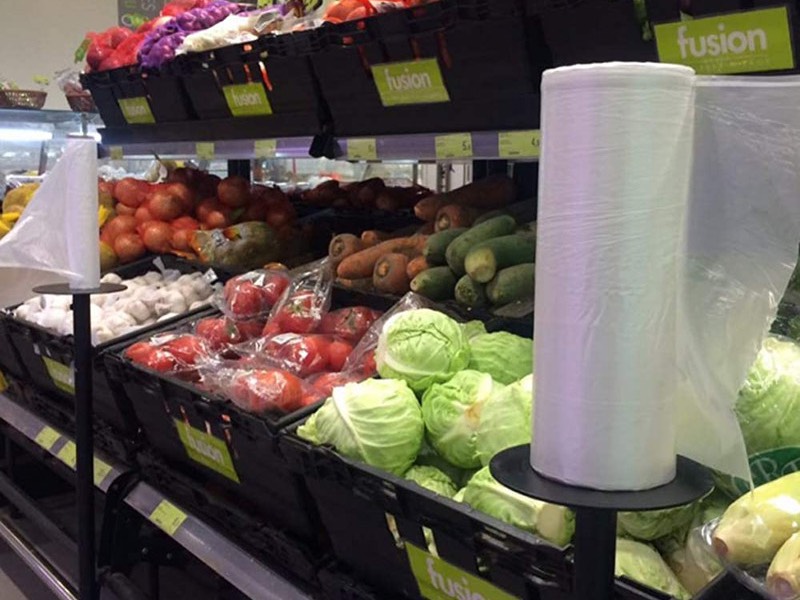
In conclusion, plastic bags, particularly vegetable plastic bags on a roll, provide numerous benefits for vegetable storage. They effectively preserve freshness, extend shelf life, and offer convenient organization and accessibility. By choosing biodegradable or eco-friendly options and practicing proper disposal, we can mitigate the environmental impact of plastic bags. With the right balance between practicality and sustainability, plastic bags can be a valuable tool for keeping our vegetables fresh and reducing food waste.
LEADING MANUFACTURER
We are a premier plastic bag manufacturer based in Vietnam. Our dedicated team excels in crafting customized packaging solutions to precisely meet the needs of all customers
QUALITY CONTROL
We have a strict quality control system. Our bags are inspected before production, during production, and prior to loading into containers. Our priority is to minimize every defective goods before shipping to our customers
AMAZING SERVICE
Our enthusiastic customer service team always strives to respond to your emails as promptly as possible. We take pride in our ability to consistently deliver high-quality products on time, every time.


